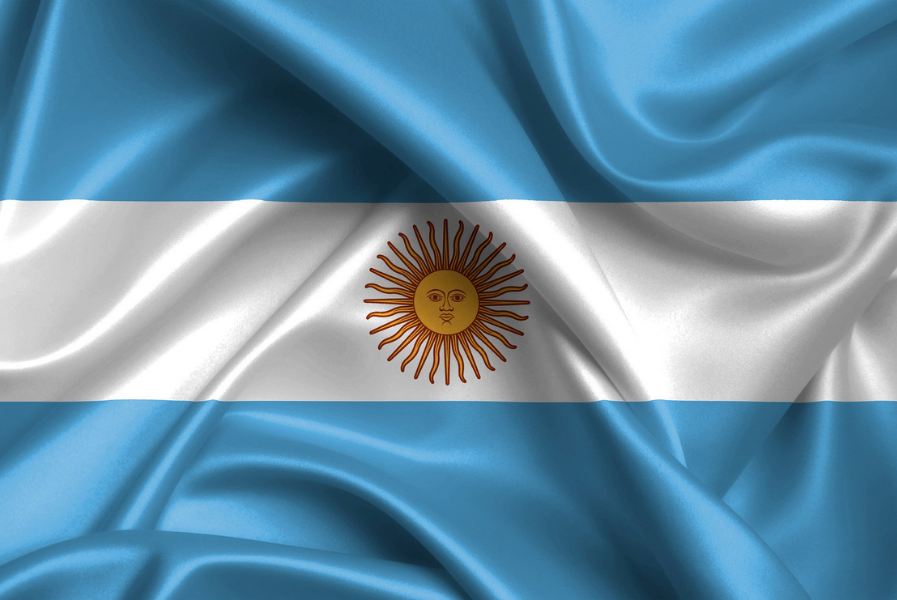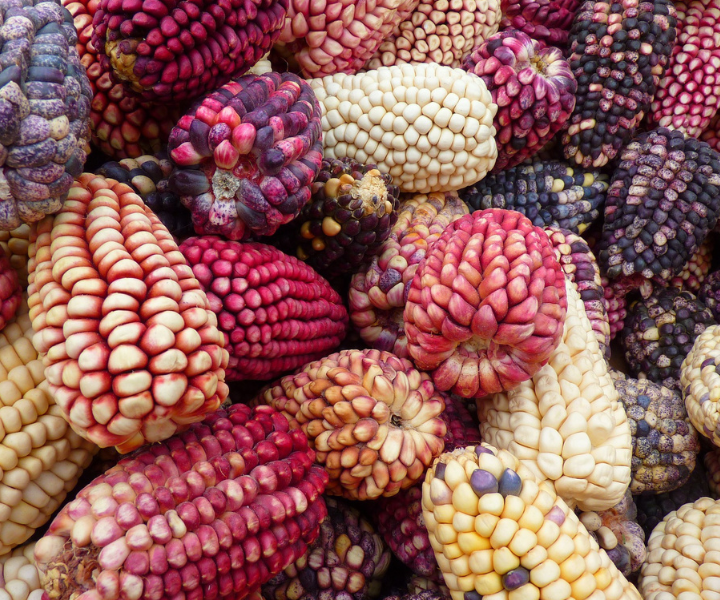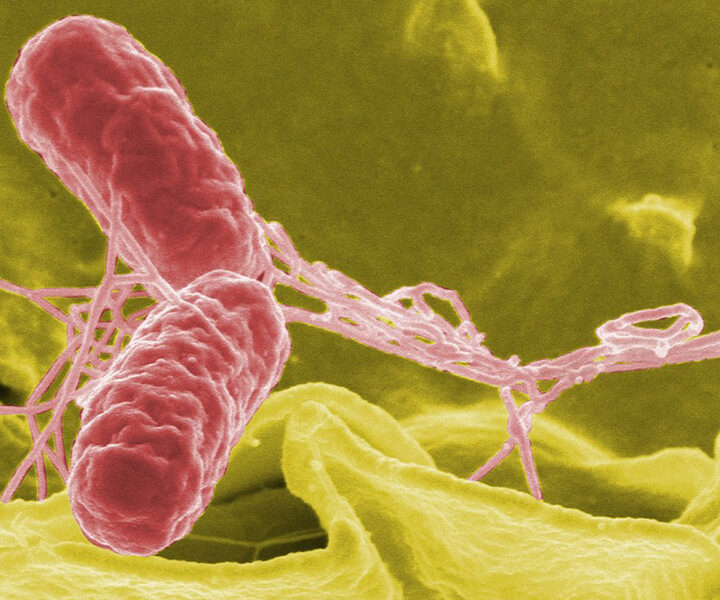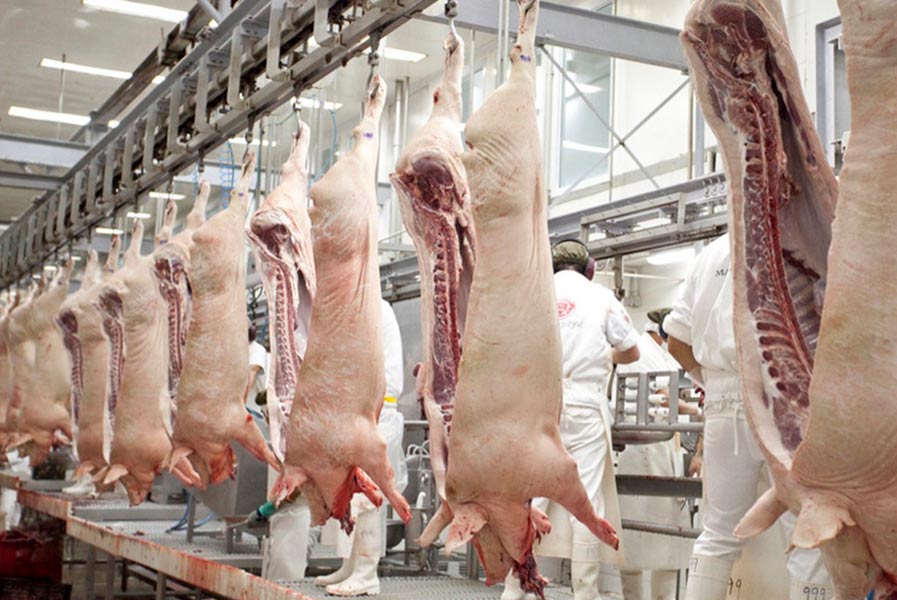
Pig market in Uruguay
6 de May de 2022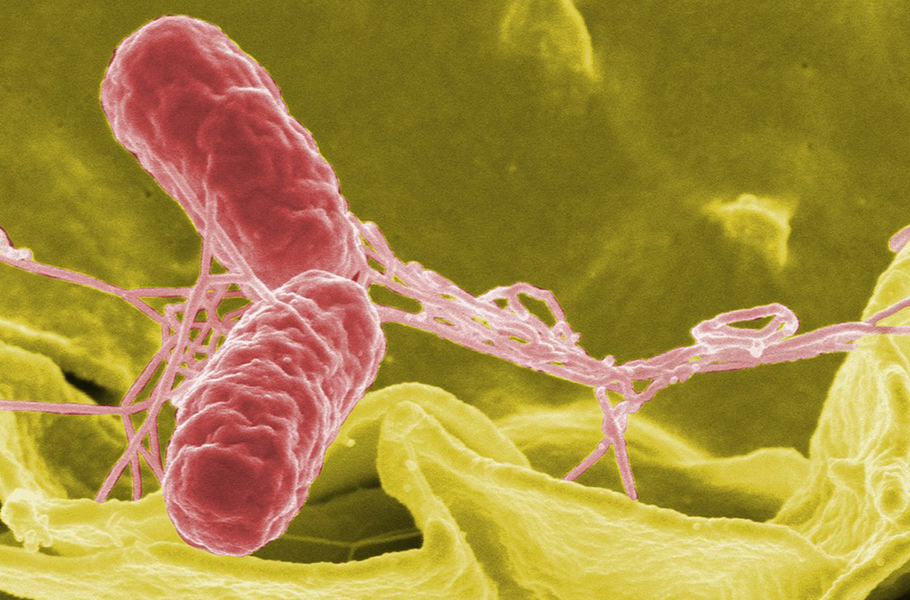
Salmonellosis
25 de May de 2022Argentina belongs to the World Trade Organization (WTO), since January 1995. It was in 2015, when the President of the Republic promoted opening Argentina to world trade, opening new trade routes and allowing greater exports of national products. This propelled Argentina into a more active role towards 2017 when recognition as a country open to negotiations and foreign investment was successfully achieved.
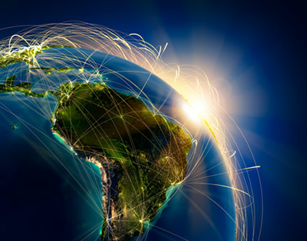
Argentina and its role in MERCOSUR
The Common Market of the South, known by its acronym MERCOSUR, is made up of Argentina, as a founding member, Paraguay, Uruguay and Brazil. It is one of the largest integrated blocs in the world whose objective is to generate trade and investment opportunities, encouraging the integration of national economies with the international market.
Argentina is responsible for most of the trade inside and outside the block, which is facilitated thanks to the free trade agreements signed with Mexico, Peru, India, Egypt, Israel and the European Union.
It is to the latter, to which Argentina allocates its exports to a greater extent, covering 13.4%.
Free trade agreement between Argentina and the European Union
In June 2019, and after 20 years of discussions, the president of MERCOSUR, Mauricio Macri, and the president of the E.U., Jean-Claude Junker, sign a ratification of the agreement between both blocs. And with this they manage to connect 780 million people and eliminate millions of dollars in customs duties. This agreement is known as one of the largest and most important ever reached.
Products such as wine and beef meat are the ones that received the greatest boost after changes in import and export laws, and the reduction of duties.
Another important agreement is the one that connects MERCOSUR with India, signed in June 2009. After several rounds of negotiations, the groups agree on a list of specific products that would also receive tariff reductions.
MERCOSUR included in this reduction products such as leather, meat, wool, cotton and iron, while India included pharmaceutical products, spices, rubber, tires and machinery items.
Taking Argentina as the protagonist on this occasion, it is important to mention that it shares with its neighboring country, Chile, one of the longest land borders in South America. That is why, in 2019, both states signed a trade agreement that broadly covers trade in goods, services and investments, labor laws and environmental policy. Which manages to benefit both countries after a few months.

